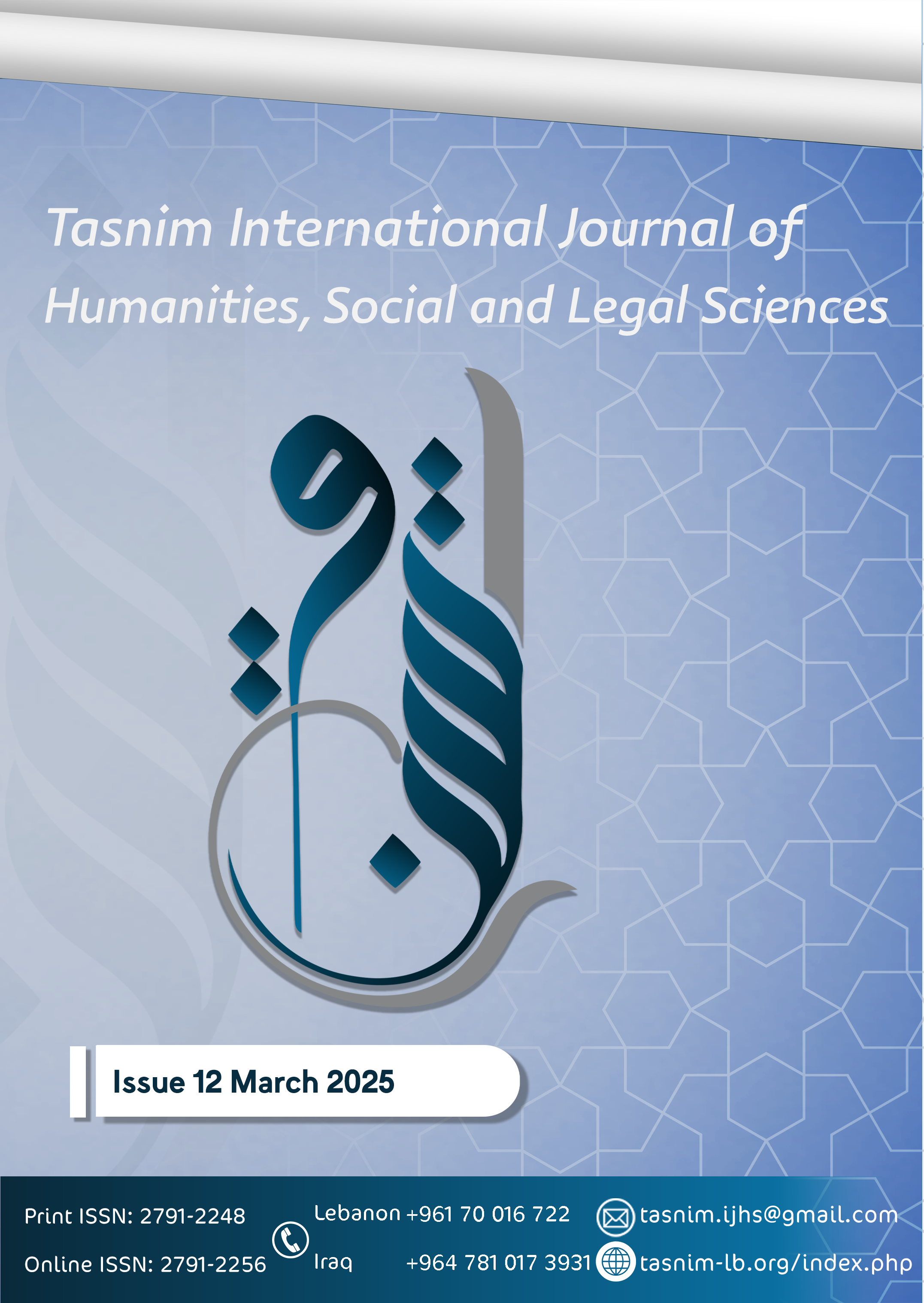Punishment for chemical castration for sexual crimes committed against children in modern legislation (A comparative study)
DOI:
https://doi.org/10.56924/tasnim.12.2025/20Keywords:
Chemical castration, perpetrators, childrenAbstract
This work studies the punishment of chemical castration for perpetrators of sexual crimes against children as one of the most heinous crimes against morals and public morals because it constitutes an assault on honor. The victim (the child) is despised for a deviant sexual behavior that was not done on his will. This work also aims to show the provisions of the chemical castration punishment against Perpetrators of the crime from legal perspectives. One of the findings of the study is that the first basis of imposing the penalty of chemical castration on a sexual offender against children would protect children. Also, the crime of sexual abuse against children in Iraqi law and other comparative laws is among the crimes with a black number, where it is not possible to know its percentage. In society as a result of the victim’s concealment, it was found that imposing the punishment of chemical castration on perpetrators of sexual crimes against children does not violate human rights, because the concept of human rights is not free in most Arab countries and some foreign countries (according to the knowledge of the humble researcher). Yet, it is placed within the framework of respecting human rights Man to others in the organized life in a society. At the same time, from the perspective of the purposes of Sharia, this effort is a form of progeny preservation, just as Islamic law also protects the soul when someone threatens him, it preserves his life and his right to life. Then the researcher recommends that the Iraqi legislator did not address this type of punishment (the chemical castration penalty). I call on the legislator to introduce this type of punishment and cause, for example, because it is less expensive and also reduces the number of prisoners in prisons, as it is considered one of the alternative punishments. Also, in most modern laws in some Islamic countries such as Indonesia, Kazakhstan and Pakistan, this type of punishment has been discussed.
Downloads

Downloads
Published
How to Cite
Issue
Section
License
Copyright (c) 2025 Tasnim International Journal for Human, Social and Legal Sciences

This work is licensed under a Creative Commons Attribution-NonCommercial-NoDerivatives 4.0 International License.





